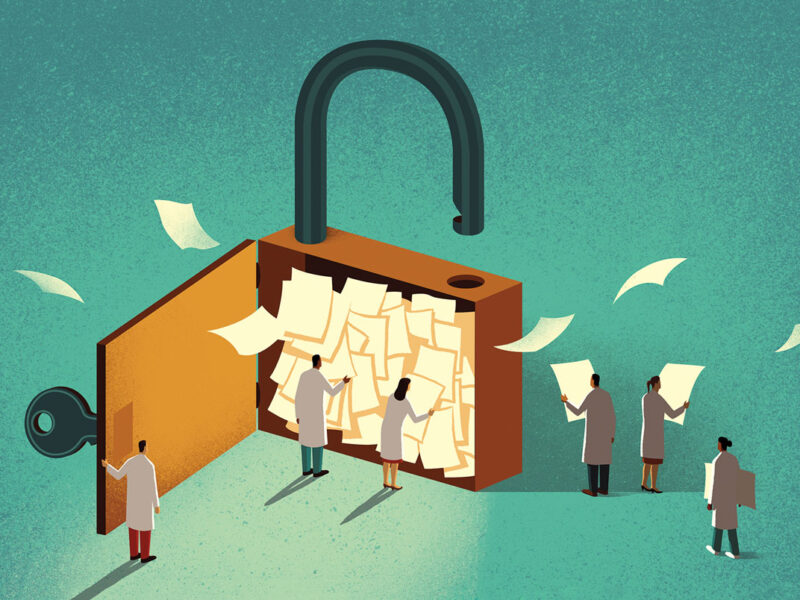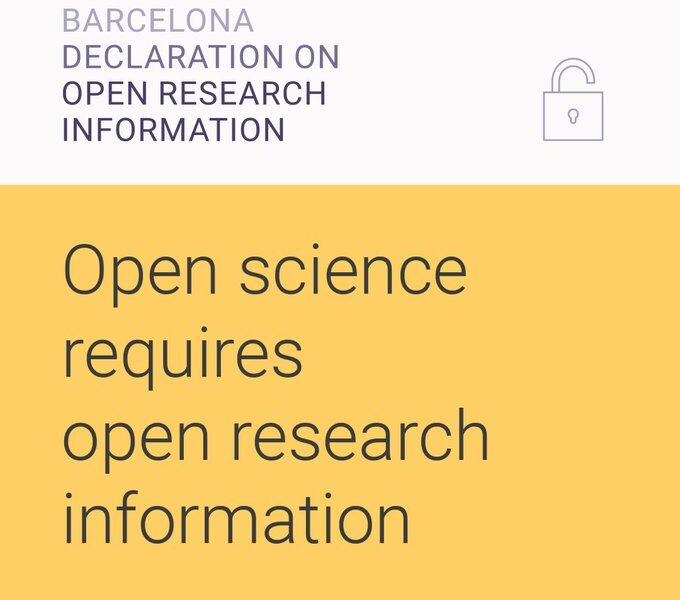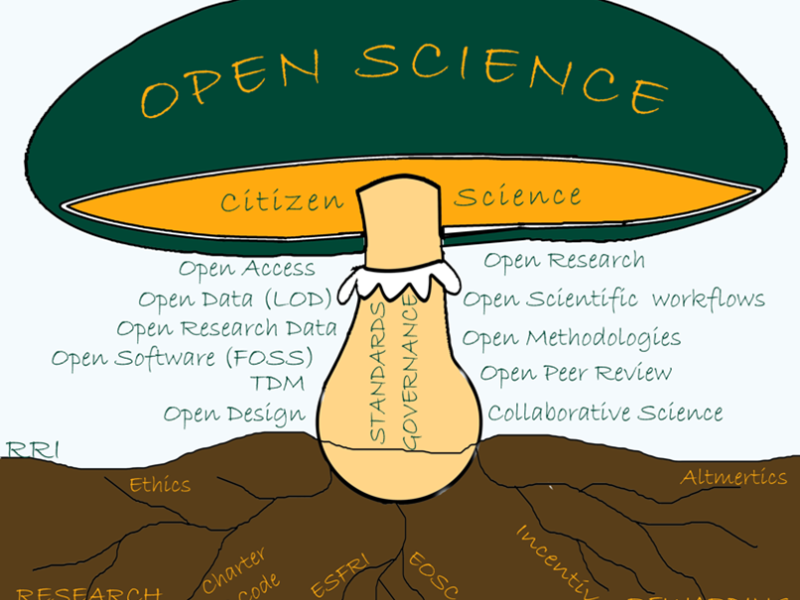
Impact of Open Data and Free Knowledge
Impact of Open Data and Free Knowledge https://opusproject.eu/wp-content/uploads/2023/02/pexels-canva-studio-3194519-scaled.jpg 683 1024 Open and Universal Science (OPUS) Project Open and Universal Science (OPUS) Project https://opusproject.eu/wp-content/uploads/2023/02/pexels-canva-studio-3194519-scaled.jpgThe advent of the digital age has brought about many changes in the way we live our lives, from the way we communicate to the way we access information. One of the most significant changes has been the emergence of open knowledge and open data. These concepts refer to the idea that information and knowledge should be freely available to all, without restrictions or limitations. The impact of open knowledge and open data has been felt in many areas of society, but perhaps nowhere more so than in the lives of those who were previously lacking access to it.
One of the most notable changes that open knowledge and open data have brought about is increased transparency in government and public institutions. In the past, it was often difficult for citizens to access information about government activities, budgets, and decision-making processes. However, with the advent of open data initiatives, governments and public institutions are now required to make this information freely available to the public. This has led to increased transparency, accountability, and trust in government, which has had a positive impact on the lives of citizens.
Another area where open knowledge and open data have made a notable difference is in healthcare. Access to medical information and research has traditionally been restricted to those with the means to pay for it, leaving many without access to the latest treatments and medical breakthroughs. However, with the advent of open access journals and medical research databases, this information is now freely available to all. This has led to improved patient outcomes, as doctors and patients can access the latest research and treatments, regardless of their financial circumstances.
In the field of education, open knowledge and open data have also made a significant impact. In the past, access to educational resources was often restricted to those who could afford to pay for it. However, with the advent of open educational resources (OERs), educational materials are now freely available to all. This has had a significant impact on developing countries, where access to education has traditionally been limited. OERs have allowed individuals to access educational materials that they would not otherwise have been able to afford, leading to improved educational outcomes and increased opportunities.
Finally, open knowledge and open data have also had a significant impact on innovation and entrepreneurship. In the past, access to information and knowledge was often restricted to those who had the means to pay for it, limiting the opportunities for innovation and entrepreneurship. However, with the advent of open knowledge and open data initiatives, this information is now freely available to all. This has led to increased innovation, as entrepreneurs and innovators can access the latest research and data, regardless of their financial circumstances.
Hence, the emergence of open knowledge and open data has had a significant impact on the lives of those who were previously lacking access to it. From increased transparency in government and public institutions to improved healthcare outcomes and increased educational opportunities, the impact of open knowledge and open data has been far-reaching and transformative. As we continue to move forward into the digital age, it is clear that these concepts will play an increasingly important role in shaping our society and improving the lives of individuals around the world.
- Posted In:
- Open Science News




